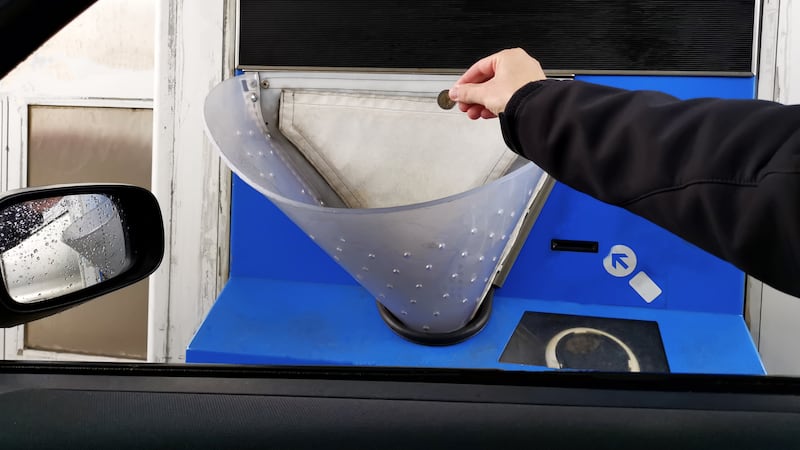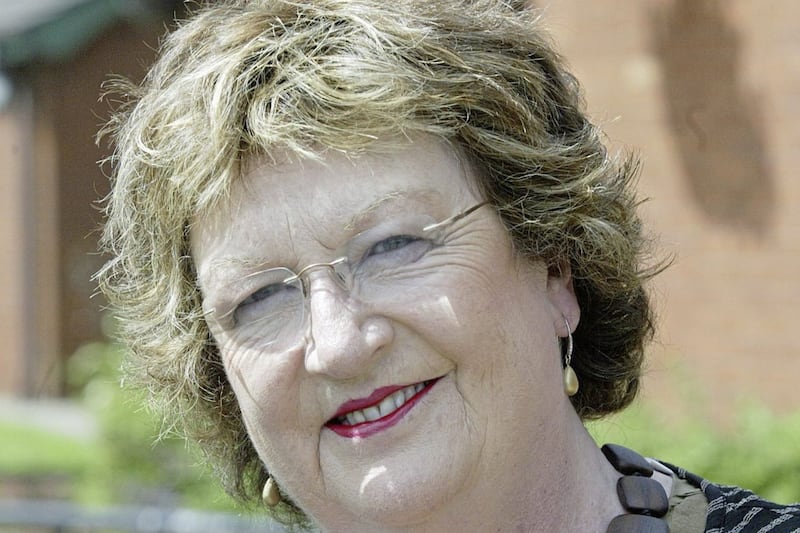LAST week and the week before throughout Northern Ireland, people in bars at home and on social media sites were talking about The Fall. A gripping TV thriller, sophisticated and scary, it looks like a hit - as good as other multi-plot slow moving drama of this genre.
The word is there will be another series.
A feature of the conversations will have been excited and doubtlessly exaggerated stories by former school friends of Jamie Dornan's time at Methody or Ben Peel (the murdered policeman) at Campbell College or wherever the Northern Ireland stars' alma mater happens to be. Any of these young actors may be invited back for prizegiving with great anticipation. Everyone loves a celebrity. Everyone can be proud of the past pupil who's found fame. And we all recognise the importance of that old school network - just look at the powerful political positions one can achieve as an old Etonian.
Most of us, perhaps with the benefit of distance, reflect fondly on the schools which educated us. We believe that it is important that our children have the same, or better educational chances, and similar ethos and values as we did. I know of two families with successful career-oriented parents who have moved back home so that their children could attend their old school. Outside this country, to get the kind of education they benefitted from for their offspring would cost them a fortune in private fees.
In truth we have all complex attitudes and feelings towards primary and secondary schooling where we spent our formative years.
Loyalty to and familiarity with educational establishments which have been in existence all our lives is one factor among many which makes the widespread introduction of integrated
education here so challenging and so
difficult. Of course most of us in principle want children of different religions and no religion to be educated together. Our brains tell us that integrated schools are the future. However, once the heart, the emotional part of our being comes into play, a whole lot of different, not necessarily rational, thinking kicks in.
If the powerful and international lobby for integrated education is to succeed and prosper, as it should, those people who are prepared to give up so much of their own expertise, time, energy, and money might consider reflecting on, rethinking and refreshing their strategy.
For success, the campaign must think through all the layers of feeling we all harbour about education and address, not just the cerebral but also the much more diffi- cult ethereal and emotional attitudes we harbour towards education.
I have mentioned above the pull of one's own positive education and the desire to replicate that for their children's own experience.
Add in the deep seated loyalty to former teachers, to familiar buildings and to that sense of community engendered by sport and all the other activities where the school for the past century has been the centre of everything.
Consider the chain of events unfolding when a longstanding school in a community closes. This is an ongoing fear amongst good, well intentioned parents. Put crudely it means that given the population trends and the surplus of places, if a new integrated school opens, people's history and heritage especially at primary level shuts.
Don't forget the role that schools,
especially in rural areas, have played in binding the community together. The issue is a long way away from sectarian attitudes and from the simple question of whether we want or don't want Catholic and Protestant children educated together.
The integrated schools movement needs to show that it listens and that it understands the dilemmas. It should seek to enable people to air all their concerns and feelings about how they handle their responsibility to an educational past which worked for them. Sometimes the integrated champions can come across as righteous in their passion about the obvious benefits of integrated education, minimising or dismissing the complexity of issues which surround the educating of children.
I still find myself very ambivalent about schooling. At Methody, my boys received and loved a classical music class as good as anywhere in the world courtesy of Dr Joe McKee of St George's Church and Belfast School of Music.
I was a governor of Hazelwood and believe it to be an extraordinary integrated school.
If I could rewind the clock and be in a position to choose schooling again, what would I opt for?
I honestly don't know.
That's but one challenge for integration.



